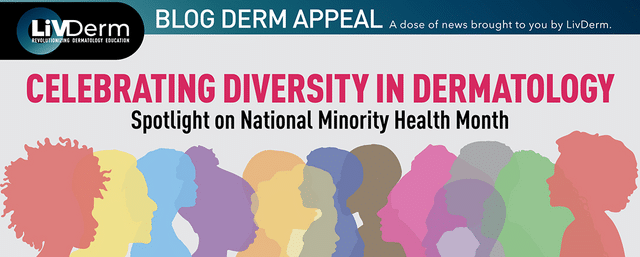Shifting the model of healthcare around the world, the novel coronavirus (COVID-19) outbreak has significantly impacted the practice of medicine across all specialties, including dermatology and aesthetic medicine. The latest available knowledge suggests that certain demographics may face an increased risk of COVID-19 infection and serious illness, including elderly individuals, those with underlying medical conditions, as well as those who are immunocompromised. As such, the COVID-19 outbreak brings concerns about the immunomodulatory effects of biologic therapy, spurring questions of how to manage patients who may be prescribed immunomodulatory therapies for their dermatologic conditions – such as eczema and psoriasis.
However, there is currently no definitive data on the specific risk of COVID-19 infection in patients undergoing biologic therapy. “Specifically, we do not have direct evidence to support any preferred biologic class or mechanism-of-action with regard to COVID-19 infection risk at this moment,” the AAD writes in a recent statement “Although we will continue to monitor the situation as more data become available.”
Despite a lack of data from the Centers of Disease Control and Prevention (CDC) and World Health Organization (WHO) on which to base formal guidelines, the American Academy of Dermatology (AAD) issued interim recommendations for medical practitioners to balance the risk of immunosuppression with risk of disease flare requiring urgent intervention. As part of a selection of COVID-19 resources assembled by the AAD, the organization has included the following guidance on the management of biologic therapies at this time.
The Latest Guidance on Biologic Therapy
Patients Already on Biologics
Per the current guidance, the AAD “strongly recommends that patients should not stop biologic therapy without consulting their physicians” and encourages providers to weigh the risks and benefits of biologic use on an individual basis. The guidelines highlight the lack of sufficient evidence indicative of the need to discontinue the use of biologics for patients already on biologic therapy who have not tested positive or exhibited symptoms of COVID-19. For patients on biologic therapy who have tested positive for COVID-19, the AAD recommends physicians discontinue or postpone use of the medication until the patient recovers, as per existing guidelines on the management of patients with active infections.
In all cases, physicians should consider the original indication of the biologic medication, disease severity, the patient’s age, as well as any comorbidities which may put them at an increased risk of serious COVID-19 illness.
Prospective Biologics Patients
For patients currently being considered for biologic therapy, the AAD recommends physicians weigh the potential threats and benefits in lower-risk patients before administering medication, evaluating cases on an individual patient basis. Additionally, clinicians are urged to discuss the potentially serious complications of COVID-19 infection and to defer the initiation of biologic treatment in patients within the high-risk category. Vulnerable demographics include individuals over 60 and patients with known or suspected comorbidities – such as cardiovascular disease, diabetes, severe hypertension, liver disease, kidney disease, respiratory system compromise, internal malignancies, or tobacco use. In this group of patients, the AAD recommends alternative therapeutic approaches at this time.
Medical professionals should anticipate changes to the guidelines informed by emerging data, however, the latest evidence implicates the great need for caution with biologic treatments in high-risk patients during the COVID-19 outbreak. “A main priority for dermatologists, at this point, is to keep our patients out of emergency rooms and urgent care so as to not tax the healthcare system unnecessarily,” the AAD concluded in its statement.
The AAD plans on updating its guidelines, available here, as well as its resources page with the latest data on the COVID-19 outbreak as it becomes available. For additional resources clinicians can also consult both the International Psoriasis Council and the American College of Rheumatology, which have also issued guidance and additional insights on the use of biologics at this time.
















